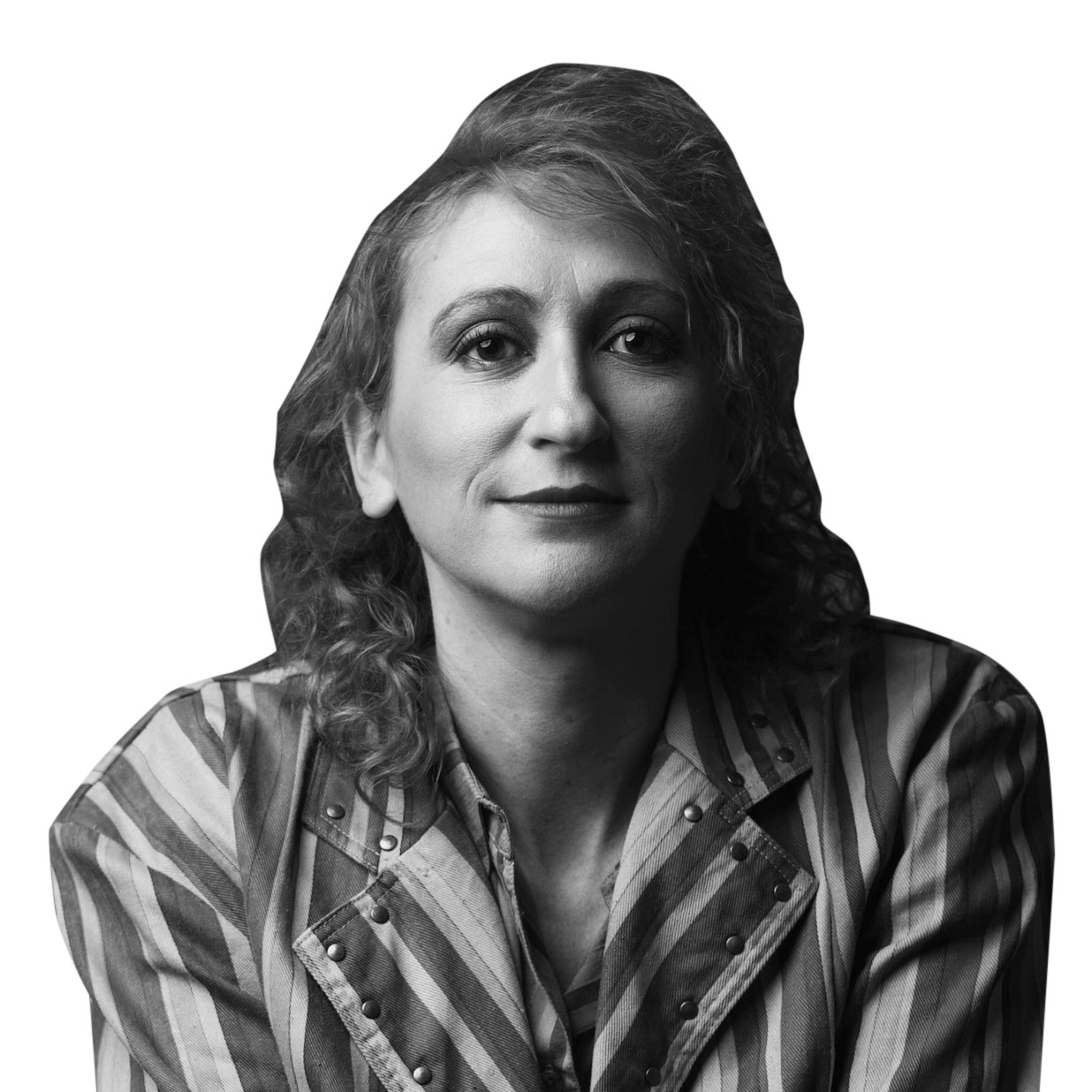My documentary about my parents and their storied gay porn store, Circus of Books, landed on Netflix on April 22, 2020. The previous week I had to cancel the two theatrical screenings that would make the film eligible for Oscars. And a week before that, two additional screening events we had planned in New York for the release were also cancelled. Years of work had gotten my small-but-devoted production team to the moment we had all been waiting for—the film’s public release. But our moment seemed suddenly, instantly diminished, and though it is now the ubiquitous experience of films coming out in the COVID era, the idea that we would have none of the special planned public experiences was devastating because this is such a community film. After allowing myself a few days to feel saddened by the loss, I realized: what kismet.
I had spent the past few years bearing witness to the accounts of the horrors of AIDS through the many customers who told their reasons for coming to the store, and hearing my parents speak about the ways they tried to help their beloved employees, like paying them in cash so they could keep their jobs while also getting access to life-saving medication. This disease that engulfed the gay community was so fresh in my mind—the film itself is an homage to those lost to AIDS. But more than that, it is an homage to a whole community of people in the forbidden territory of sex work, under the shadow of a disease society condemned them for contracting.

Filmmaker Rachel Mason outside of Circus of Books in West Hollywood, California
HandoutCircus of Books came out the same week reports of body bags and overflowing hospitals began to become a mainstay of the news. That the virus was spread via the air was just becoming clear, but there was no indication there would be a cure anytime soon. My first thought was this: my gay angels might be sending me a message. Since the start of filming, I have had moments of total confusion, followed by panic, feeling like the ground was falling around me, and then suddenly I would awaken with an answer or a solution would just appear. I started feeling the sense that a band of beautiful and playful young men, my gay angels I called them, were circling around this movie the entire time, helping it along and knowing that everything was supposed to happen for a reason.
My gay angels were saying, It’s OK honey. We’ve been through this before. And that’s when I got it: the disease was happening to all of us—not just a small group who are hidden in the shadows. This is a plague we are all feeling. This is what it feels like when people we love die suddenly, stricken with a fast-spreading disease that we don’t have a cure for. And this is what it feels like when our government doesn’t seem to know what to do.
The minute the film came out, I began receiving messages from people who live in countries where being LGBTQ is nearly impossible. And messages from people saying they would now come out to their parents, and also people telling me that their parents and relatives worked in the sex industry and never, ever allowed anyone to know it in their own families.
The day before the documentary came out, the Senate approved the Aid for Small-Business Loan Program. As I began looking it over I should not have been shocked, but I was, when “Item Number 3” jumped out. In order to qualify you need to check off this one box:
Applicant does not present live performances of a prurient sexual nature or derive directly or indirectly more than de minimis gross revenue through the sale of products or services, or the presentation of any depictions or displays, of a prurient sexual nature.
How dare the government blatantly discriminate against tax-paying American citizens doing legal work, albeit of a “prurient sexual nature.” Why are we still discriminating against this one legal industry?!
In the final episode of a new documentary series called Outcry, a state criminal investigator used a football player’s porn-browsing history as evidence that he was prone to acts of sexual violence toward children. Ideas about porn leading to pedophilia or other criminal acts are completely baseless, and yet they continue to be supported in all levels of our society. If we were to judge the entire food industry by the number of reports of food poisoning, or people who have food addiction, we might understand the absurdity of painting this industry with such judgement.
The real question is: why? Why do people hate porn, even as they consume it? (Most people consume it, by the way—various international studies have put porn consumption rates at 50-99 percent among men, and 30-86 percent among women.) Perhaps it is because it’s something we don’t talk about. My partner, Buck Angel, has spent many years in the industry. He says: “If we were more open to discussions on sex, people would not want porn as much, but we shame people around sex and their fantasies.” And my Mom has said this, many, many times: “If people didn’t want to buy it, we wouldn’t sell it.”
I have an 8-year-old. I am amazed at how impossible it is to find entertainment that limits or even slightly restricts the amount of violence he is exposed to. He has been exposed to exploding heads, dismemberment, and death by fire and drowning, whether it be on the news, in YouTube videos, or video games. He has basically been forced to witness snuff films. I am the last person on Earth to censor anything, but I am truly amazed that we don’t seem to apply the same kind of standards to “prurient sexuality” that we do to violent content.

The old Circus of Books in West Hollywood, California
NetflixWhat if the standard for COVID relief was applied to people whose work contributed to any displays of a “terribly violent nature?” Would we allow those people doing legal work in video games or the entertainment industry to not be given federal assistance? No, we would not—because as a society we make an allowance for it.
I truly hope that we move in the direction of finding greater and perhaps deeper meaning in the visualization of sexual activities, because humans have always been creating it. I hope we move in the direction of appreciation for people who work in the sex industry, because it has always been part of our society.
Many people have now come to know my parents through Circus of Books, and the biggest comment I receive is that the film is about family values. How about that for a movie about gay porn!


